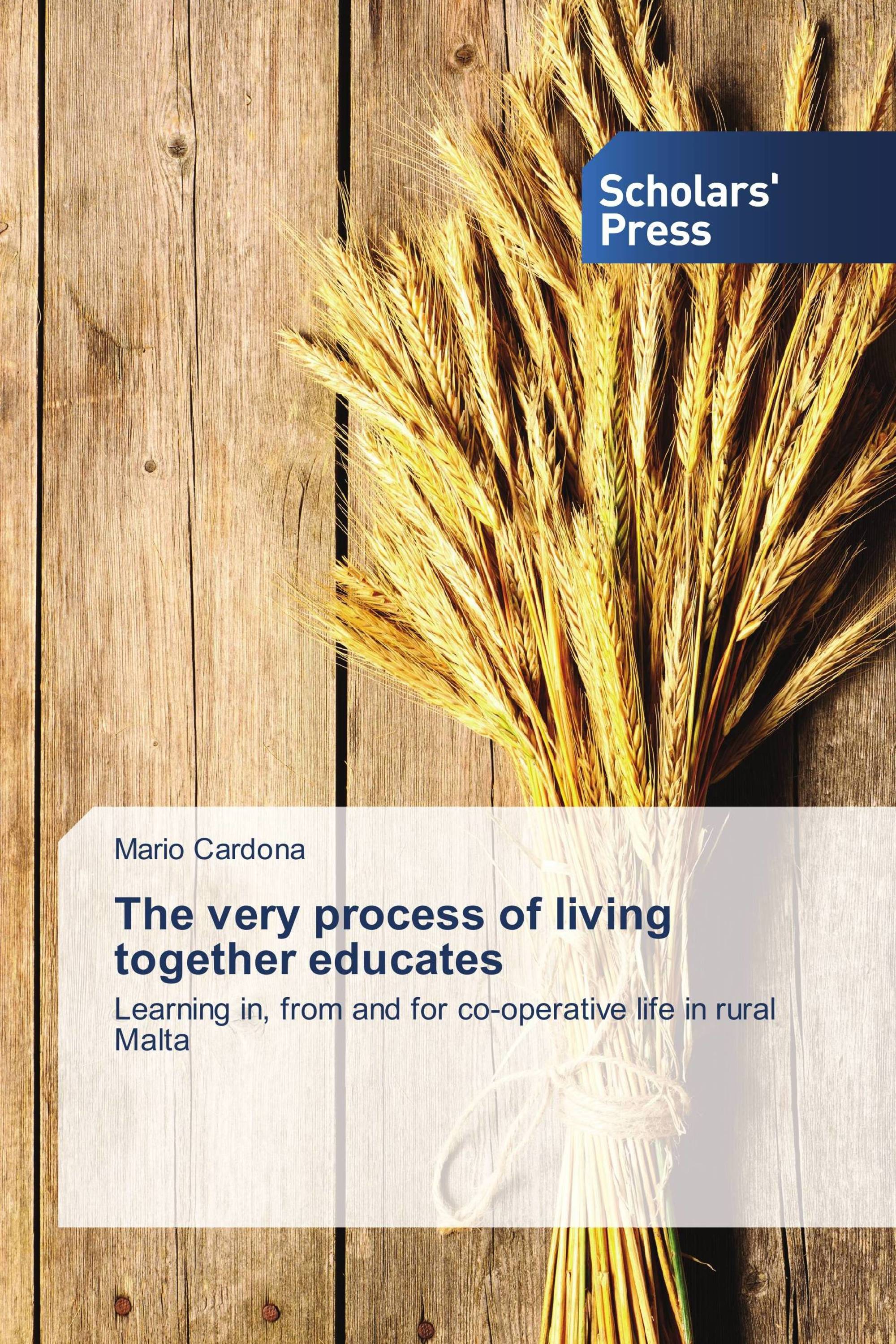The very process of living together educates
Learning in, from and for co-operative life in rural Malta
International Research Press ( 09.12.2016 )
€ 94,90
Co-operatives originated as a popular response to satisfy the needs of communities living in difficult social and economic conditions in mid-nineteenth century Britain. The British colonial authorities adopted the co-operative model to spur local development in the colonies, making them more productive and less reliant on the British Exchequer. This was how the co-operative model took off in Malta. However, some local communities in Malta appropriated this community-based organisational model in order to suit their own aims. This work explores the learning that goes on inside two community-based rural cooperatives in Malta. What do people learn while participating in the running of the co-op, as elected members of the management committee, as employees or as volunteers? What do members, customers, the local community, or policy makers learn from the co-op? What do people learn for the co-op? That is, how do participants in co-ops learn how to turn co-operation into a political tool that enables them to envision and create alternative communities where they can exert more control over their individual and collective lives?
Détails du livre: |
|
|
ISBN-13: |
978-3-659-84500-0 |
|
ISBN-10: |
3659845000 |
|
EAN: |
9783659845000 |
|
Langue du Livre: |
English |
|
de (auteur) : |
Mario Cardona |
|
Nombre de pages: |
268 |
|
Publié le: |
09.12.2016 |
|
Catégorie: |
L'éducation des adultes |



